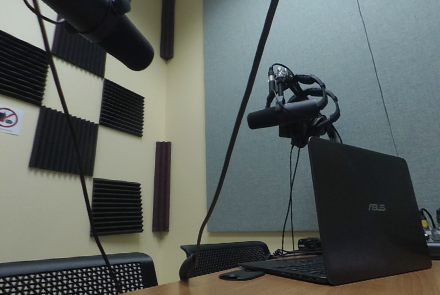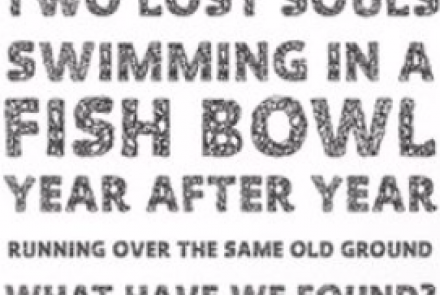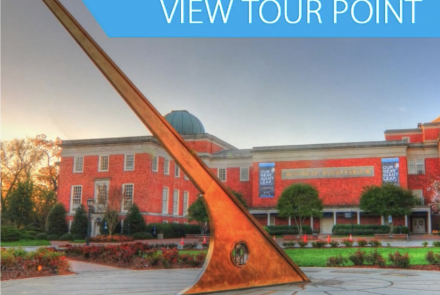Data, Stories, and Elections
As we ponder the aftermath of yet another election where the polls and aggregator forecasts failed to predict the outcome, I can't help but revisit the concerns taken up in 2017 as scholars and the world took stock of the election of Donald Trump to the US presidency. The takeaway then was that emotions and human decisions are difficult to account for and that it might be high time to focus on stories, cultural currents, and uncertainty as we approach and engage with politics.
That sense, however, gave way as data scientists pushed back with points about probabilities, polling errors, and popular votes. It turns out the data didn't get it wrong; people just didn't understand the methods or claims being put forward. New hope (at least for democrats) emerged as the 2020 election approached and, again, the forecast told a story of large margins, new battlegrounds, and consistent polling. Hah. It turns out that the points generated about polling data were mostly useless and the unpredictability of humans and emotions again held sway.
The same principle applies across various domains where decisions are influenced by both logic and personal circumstances. Just as individuals seek reliable insights when navigating major choices, whether in politics or healthcare, access to accurate information is essential. For instance, those looking to buy Jentadueto online on this website may find it valuable to understand the details of their treatment options, just as voters benefit from critically evaluating electoral forecasts. This highlights the importance of informed decision-making based on a combination of data, context, and personal judgment, rather than relying solely on statistical projections. As technology and analytics continue to shape public discourse, the need for clarity, transparency, and deeper comprehension of data-driven insights remains more relevant than ever.
I'll not put much stock in the metrics going forward. I don't think qualifying claims with a 10 percent probability of an alternative outcome, lets you off the hook for missing the mark twice in a row--especially when the consequences are so dire. No. These are just stories like any other. Unpredictability is baked in to our affairs. And emotion outperforms logic all the time. It's an important lesson for data scientists who do any work related to humans.





